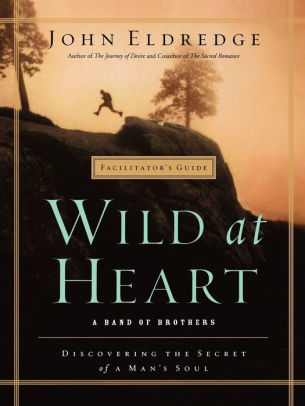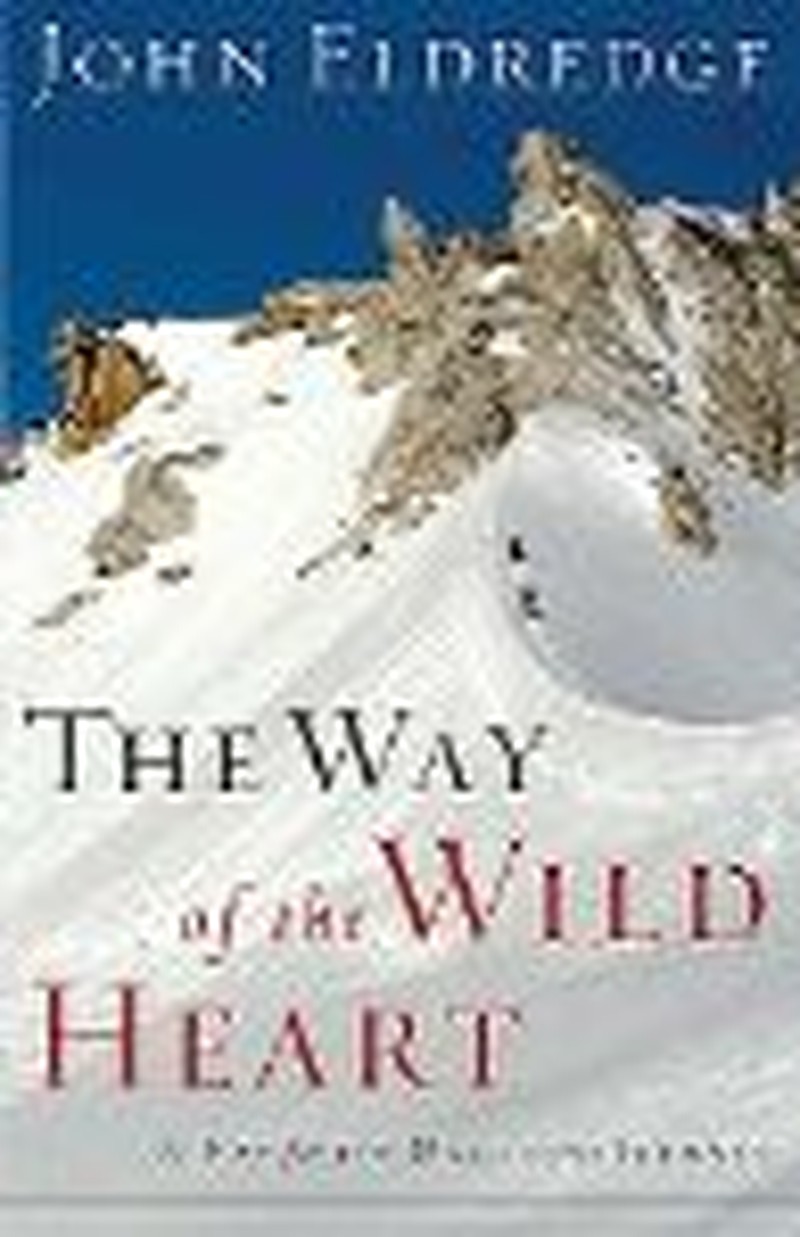

HUGHES: She didn't want to be alone, it seemed like, a lot of the time. MORRIS: Hughes quickly realized that he and this duck had things in common. And then in the morning, when I'd get up, she'd get up, jump in the water. HUGHES: And she would just sit there facing me, making sure everything was cool, and she'd spend the night there with me. A few days later, he woke to find the duck watching him. MORRIS: Then, one day, Hughes spied a black bird standing out against a flock of Canada geese.

It just feels really good to make a connection with an animal of any kind, and not having a pet was a real problem for me. Cast out from his job and his home, deeply depressed, he set up camp here just before Thanksgiving 2020.ĭAVE HUGHES: The first thing that I missed when I became homeless was having a pet. He's in his late 50s, with a salt-and-pepper beard, stocking cap and old backpack. MORRIS: None of this held any joy for Dave Hughes - not at first. It's lined with lush green space and teeming with birds. It used to be so polluted, people called it Flush Creek. And as Frank Morris of member station KCUR reports, that duck gave the man a new lease on life.įRANK MORRIS, BYLINE: Brush Creek cuts through the heart of Kansas City. A wayward duck started hanging around his encampment. In the depths of the pandemic, something simple and beautiful happened to a man living under a bridge in Kansas City.


 0 kommentar(er)
0 kommentar(er)
